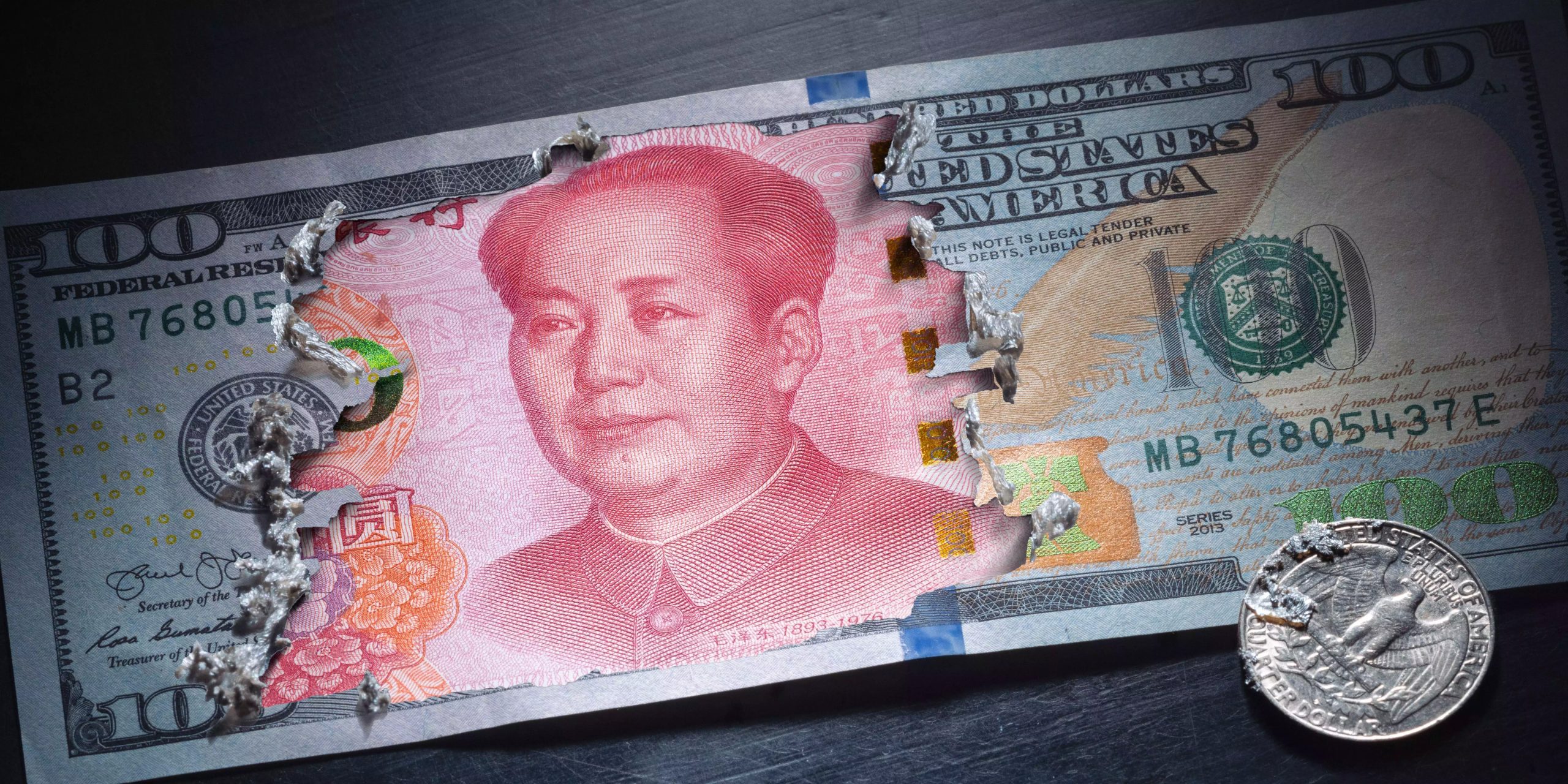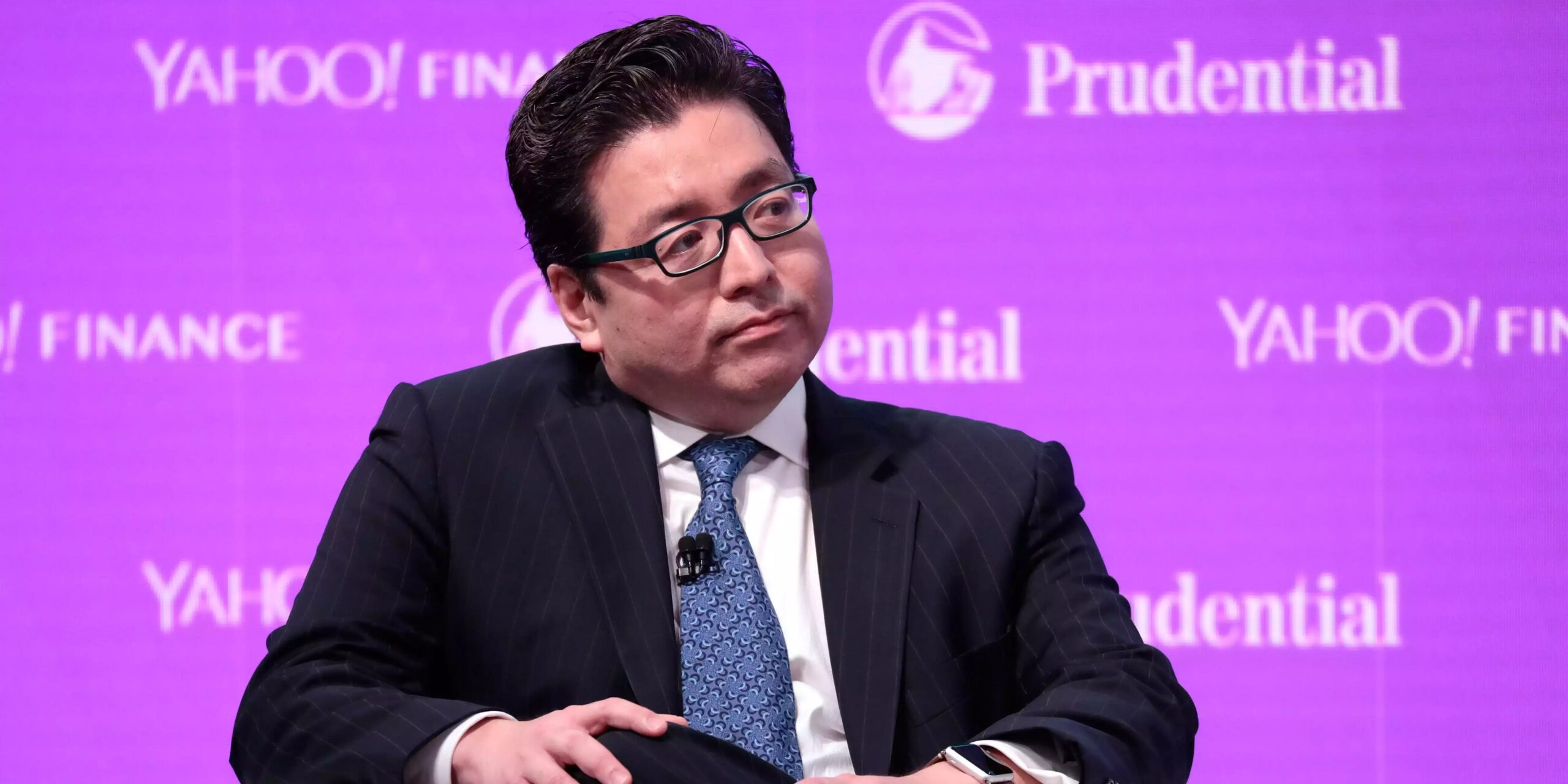China Significantly Boosts Yuan Internationalization at Belt and Road Initiative Forum
In an effort to reduce its reliance on the US dollar and globalize its currency, China has signed a series of yuan-denominated loans at the Belt and Road Initiative (BRI) forum on Wednesday. This move marks a significant shift away from the greenback in China’s lending practices.
At the latest BRI forum held in Beijing, China’s policy banks signed contracts for yuan-denominated loans. This lending spree aimed to promote the internationalization of the yuan and de-dollarize global finance. It also stands in contrast to China’s previous BRI loans, which were predominantly denominated in US dollars.
According to Reuters, the China Development Bank signed loan agreements with Malaysia’s Maybank, Egypt’s central bank, and BBVA Peru at the BRI meeting. Additionally, the Export-Import Bank of China sealed a yuan-based loan agreement with Saudi National Bank. Furthermore, with assistance from the Bank of China, Egypt issued $479 million worth of panda bonds for the first time, aiding in the repayment of its foreign loans.
In an additional effort to support BRI projects, Beijing allocated 80 billion yuan ($10.94 billion) to the Silk Road Fund. China’s policy banks, which are state-backed lenders, play a crucial role in advancing the country’s long-term goals, including those related to the BRI. This massive infrastructure campaign, initiated by President Xi Jinping a decade ago, aims to strengthen China’s connections to global markets.
Another significant priority for China is to lessen the dollar’s dominance in the global financial system. Recent data from the SWIFT international banking system revealed that the yuan accounted for a record 3.71% of international payments in September. Despite this achievement, it still represents a fraction of the dollar’s 46.6% share.
Furthermore, China has signed bilateral currency swap agreements with 20 partner countries and established yuan-clearing arrangements in 17, as stated in a white paper released prior to the Belt and Road meeting.
In a separate development, Argentina secured access to $6.5 billion worth of yuan through a swap agreement earlier this week, as part of China’s efforts to promote the use of the yuan.
China has also been actively encouraging the use of the yuan through the issuance of panda bonds, which are notes issued by foreign entities in the Chinese markets.
Overall, China’s latest efforts at the BRI forum demonstrate its determination to internationalize the yuan and reduce reliance on the US dollar. With bilateral agreements, lending arrangements, and the promotion of panda bonds, China aims to establish the yuan as a significant player in global finance.

I have over 10 years of experience in the cryptocurrency industry and I have been on the list of the top authors on LinkedIn for the past 5 years. I have a wealth of knowledge to share with my readers, and my goal is to help them navigate the ever-changing world of cryptocurrencies.











